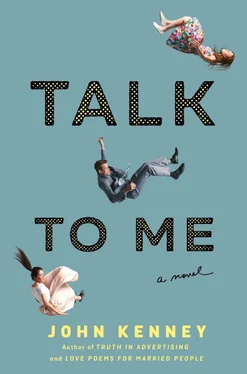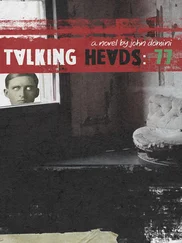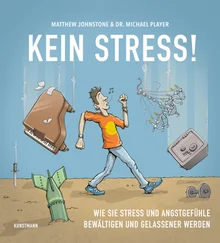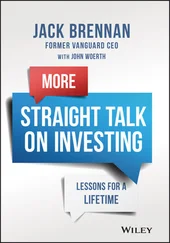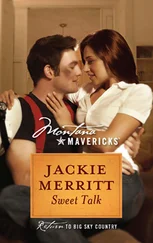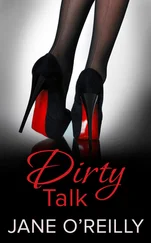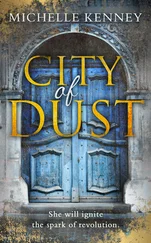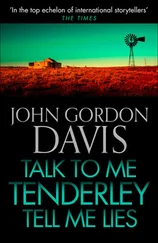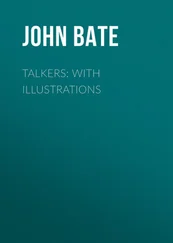A few of them turned to Dodge, who had a wry smile on his quite handsome face.
“We were just talking about that,” said the woman. Ted felt he ought to know her name. Jane. Jan. Pam. One of those.
“Dodge is a human rights lawyer,” Claire added, looking at Dodge.
“A small cog in a large wheel,” Dodge said with Hugh Grant charm and posh public school accent.
“What about you, Ted?” Dodge asked. “How do you see the situation? As a newsman, I mean.”
Ted blanked. He blanked and wondered if Dodge was asking about the Syrian refugee crisis and the battle for Aleppo or about the evacuation of Muslim women and children in mountain towns in northern Afghanistan. Or was it Nigeria and the ethnic slaughter by Boko Haram, the long lines of women and children on dirt roads there? Or the civil war in Myanmar? Or South Sudan? Or the Democratic Republic of Congo? Or Donbass, Ukraine, where more than ten thousand fatalities had occurred? He didn’t know. They had done so many stories lately and now they were all washing together for Ted, the colors and textures and faces and locations and details fading into one another. This from a man who once prided himself on names and dates and history. Now he read the words on the prompter. He then turned it over to the reporter on the scene. Or was it the Somali civil war? Maybe Aleppo. He just kept thinking of the word “Aleppo” and the images of a seemingly endless stream of humanity walking along the road to nowhere. Also, hadn’t they done a series of stories lately on poverty in Guatemala? Ted was blinking quickly. He knew he needed to say words, that words needed to come out of his mouth.
“I think we’ve only seen the start.”
Ted hoped this was vague enough to keep the conversation going, though the confused expressions suggested otherwise.
Dodge, English grace at the ready, rescued Ted. “I think that’s exactly right, Ted. I would add, though, that…”
And here Ted tuned Dodge out. Why was it that lately, a man who had made his living talking, easily and fluently and intelligently, was finding simple speech so difficult?
For a time, Ted had tried to read, to keep up with the important books, fiction, nonfiction, the biographies. He had, long ago, been a reader of The New York Review of Books . They still arrived at the house and were stacked in a neat pile by Rosa, their cleaning lady. But Ted almost never read them. Nor The New Yorker s, The Atlantic s, The Economist s. The piles grew, stress-inducing symbols of his laziness, his intellectual wanting. With each Netflix series and each SportsCenter , he fell further and further behind, a man who had faded in a race, miles behind, the energy gone. He also found he simply had no attention span. The books were too depressing, too long, too boring. They sapped him of hope. His concentration had waned, especially in the evening, after a glass of wine, an internal drifting mechanism took over his operating system. He watched sports. He rewatched movies he’d already seen.
The breeze must have shifted because Ted caught the smell of the ocean. It caused him to turn his head and look out at the water. Ted had wanted to buy in this area. They’d found an old house in Southport that Ted loved. But Claire had preferred Bedford. Which was probably just as well. This area had become, to Ted’s mind, an unholy place, once a quaint artist town now soiled by the moneyed vultures of private equity. Ted did not express these thoughts to anyone, certainly not his hosts, who were now feeding him truffles, which Ted found exceedingly delicious. Ted found himself smiling, which his drinking companions took to be a sign that he found Dodge’s good-natured ribbing funny. Ted had, in fact, missed a good forty-five seconds of conversation and wry commentary from Dodge. And now everyone was smiling and looking at Ted waiting for a response.
“Well, Ted?” the woman next to him said, smiling. “Dodge wants to know. Are you mad as hell?”
Ah, yes. Howard Beale. Network . I’m mad as hell and I’m not going to take it anymore. The lunatic anchorman.
“No,” Ted said finally to Dodge, trying for lighthearted, but hearing an edge in his voice. He looked at Claire, who was staring at him, wide-eyed, worried.
“Surely, though, Ted. There must be evenings during your show when you just want to scream or tell the real truth.” It was Dodge.
Ted found himself blinking more quickly, felt his nostrils flare. Who was this little shit to tell Ted what he thought? Yes, Ted was a roiling ball of gastric goop inside, but he was still Ted Grayson, still the man who had sat across from presidents, dictators, and terrorists and challenged them in interviews, thanks to Lou’s questions and Ted’s hard stare (two-camera interviews, so they could get Ted’s stare).
“I think we do just fine,” Ted said.
Dodge was clueless and on the edge of a good drunk and plowed ahead.
“Prescient, though, Network . No?”
“How so?” Ted asked, instantly regretting it, seeing the fat softball down the middle of the plate he’d just lobbed.
“Why… the end of network news, of course. News as entertainment. The vaunted anchorman now a relic of a bygone era, a time long ago when people actually cared about what you said.”
Dodge smiled, enormously pleased with himself and this splendid party, his plane, perhaps the thought of Claire’s marvelous rump. He gulped at his drink.
Really? You pompous English twat. Twenty-two million Americans watching one of three networks every night. Ted nodded, smiling, finding his calm.
“I remember who you are now,” he said, smiling at Dodge. “You’re the man who’s fucking my wife.”
He had him. Ted had him. The small group reeled. Claire closed her eyes. The woman next to Ted gasped.
But Dodge… Dodge never broke his easy smile, his English charm.
“Well, yes,” Dodge said. “Yes, that’s right. But then, someone had to.”
It was Diana who laughed out loud.
• • •
Diana stood with Ted in the driveway, waiting for an Uber, smoking a cigarette she’d bummed off the waitstaff.
“Well played, old sport.”
Ted couldn’t tell if Diana was serious or not. She took a deep drag, held it, then released the smoke from her nostrils, a seasoned smoker.
“You think it’s over, don’t you? Your… life.”
She wasn’t looking at him. She was looking across the lawn, toward the road. It was quiet now; the hum of the party seemed a long way away. Ted had lent Diana his sports coat to fend off the night’s chill.
“It’s not,” she said. “This is what it is for people like us. The money. The… stuff and the houses and the…” She trailed off. “How do you explain to people that none of it means a thing?”
She took a deep drag.
“He fucks other people,” she said, as if to herself, looking out over the lawn. “All the time.”
She turned now and looked at Ted. “What’s wrong with you guys?”
Her voice was different. Lower. It wasn’t trying so hard.
“We give you every thing. Children. Our body. Our love. And you treat it like it’s… like it’s nothing.”
And here her voiced cracked, on the word “nothing.” And it seemed as if she was doing everything she could not to cry. She snorted, flicked the cigarette across the stone driveway, widening her eyes, looking up to the night sky, to the stars, to the hope of an answer.
Diana wrapped Ted’s coat tighter around her. She was an actress backstage, after the play had ended, tired from the week’s performances, almost herself again, but part of her left on the stage, as if a bit diminished.
She took a deep breath. And in doing so it was as if she reverted back to something. Someone. Ted wondered what it would be like to really know Diana.
Читать дальше
